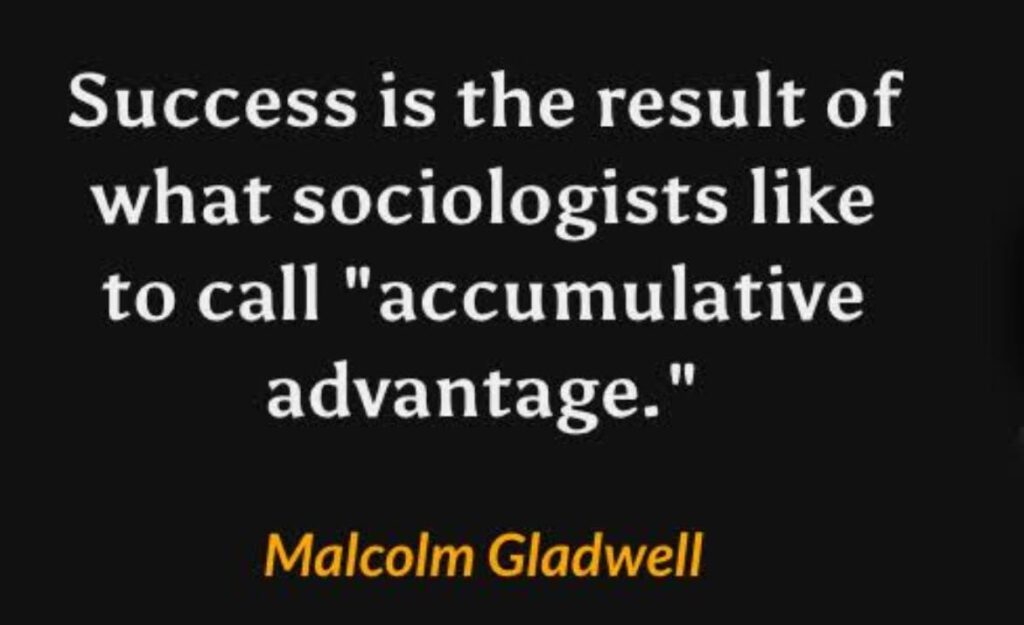3rd Aug, 2023
Have you ever wondered, why do a few people, teams, and organizations enjoy the bulk of the rewards in life?
The Amazon rainforest is one of the most diverse ecosystems on Earth. Scientists have cataloged approximately 16,000 different tree species in the Amazon.
But despite this remarkable level of diversity, researchers have discovered that there are approximately 227 “hyper dominant” tree species that make up nearly half of the rainforest.
Just 1.4 percent of tree species account for 50 percent of the trees in the Amazon.
But why?
Imagine two plants growing side by side.
Each day they
will compete for sunlight and soil.
If one plant can grow just a little bit faster than the other, then it can stretch taller, catch more sunlight, and soak up more rain.
The next day, this additional energy allows the plant to grow even more.
This pattern continues until the stronger plant crowds the other out and takes the lion’s share of sunlight, soil, and nutrients.
From this advantageous position, the winning plant has a better ability to spread seeds and reproduce, which gives the species an even bigger footprint in the next generation.
This process gets repeated again and again until the plants that are slightly better than the competition dominate the entire forest.
Scientists refer to this effect as the “Accumulative Advantage.”
What begins as a small advantage gets bigger over time. One plant only needs a slight edge in the beginning to crowd out the competition and take over the entire forest.
Something similar happens in our lives.
Like plants in the rainforest, humans are often competing for the same resources.
Politicians compete for the same votes.
Authors compete for the same spot at the top of the best-seller list.
Athletes compete for the same gold medal. Companies compete for the same potential client. Television shows compete for the same hour of your attention.
Ten companies might pitch a potential client, but only one of them will win the project. You only need to be a little bit better than the competition to secure the reward.
If one road is slightly more convenient than the other, then more people travel down it and more businesses are likely to build alongside it. As more businesses are built, people have additional reasons for using the road and so it gets even more traffic. Soon you end up with a saying like, “20 percent of the roads receive 80 percent of the traffic.”
If one business has a technology that is more innovative than another, then more people will buy their products. As the business makes more money, they can invest in additional technology, pay higher salaries, and hire better people. By the time the competition catches up, there are other reasons for customers to stick with the first business. Soon, one company dominates the industry.
The margin between good and great is narrower than it seems. What begins as a slight edge over the competition compounds with each additional contest. Winning one competition improves your odds of winning the next. Each additional cycle further cements the status of those at the top.
Over time, those that are slightly better end up with the majority of the rewards. Those that are slightly worse end up with next to nothing.
This idea is sometimes referred to as The Matthew Effect, which references a passage in The Bible that says, “For all those who have, more will be given, and they will have an abundance; but from those who have nothing, even what they have will be taken away.”
Small differences in performance can lead to very unequal distributions when repeated over time. This is yet another reason why habits are so important.
The people and organizations that can do the right things, more consistently are more likely to maintain a slight edge and accumulate disproportionate rewards over time.
Aim to be slightly better, gather ‘Accumulative Advantage’ to win consistently & stay blessed forever.

